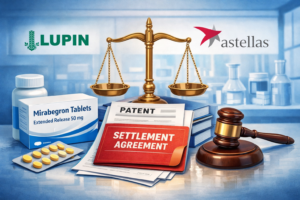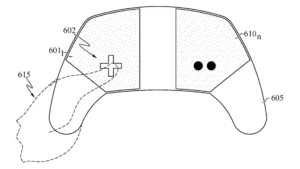Global pharmaceutical giants are preparing for a major challenge as patents on many best-selling drugs near expiration. Analysts warn of a looming “patent cliff” set to hit the industry between 2027 and 2028. This wave of expirations could erase $180 billion in annual revenues, or about 12% of global pharma sales.
What is a Patent Cliff?
A patent cliff refers to a sharp revenue drop that occurs when patents on high-earning drugs expire. Once exclusivity ends, generic and biosimilar competitors can enter the market, driving prices down rapidly.
One of the biggest drugs facing expiry is Keytruda, a cancer therapy by Merck. The drug earned nearly $30 billion in 2024, making it the world’s top-selling drug. Keytruda’s patent is set to expire in 2028, opening the floodgates to biosimilars.
Pharma’s Strategic Shift
To offset future losses, Big Pharma is shifting away from mega-mergers and embracing targeted acquisitions.
For instance, Merck recently acquired Verona Pharma for $10 billion. Verona’s lead drug, Ohtuvayre, treats chronic obstructive pulmonary disease (COPD) and recently received FDA approval. Analysts project this therapy could generate $4 billion in annual sales by the mid-2030s.
Read more: Merck’s Verona Pharma deal – FT
More than Just Mergers
Beyond acquisitions, companies are also using patent-extension tactics. This includes reformulating drugs or introducing new delivery systems to create fresh patents — a controversial method often called “patent thicketing.”
Some firms are also accelerating R&D, especially in oncology, immunotherapy, and gene editing. Despite the uncertainty, the industry sits on $1.3 trillion in deal-making capital.
Risks on the Horizon
The path ahead is not without risk.
- Regulatory uncertainty in the U.S. and Europe could impact drug pricing and market access.
- Investor sentiment is also shifting. Shareholders now favor innovation-led growth over cost-cutting from large-scale mergers.
- Biosimilar competition is rising slowly but surely, particularly for complex biologics like Humira and Keytruda.
The Road Ahead
Industry leaders must act fast. Without fresh blockbusters, companies could lose tens of billions in yearly revenue.
Pharma is in a race — not only to find the next big drug — but also to navigate a complex legal and regulatory environment. The next 12 to 18 months could determine which companies stay ahead and which fall behind.
Disclaimer:
This article is based on publicly available information sourced from the Financial Times. For the full original article, visit FT.com.




